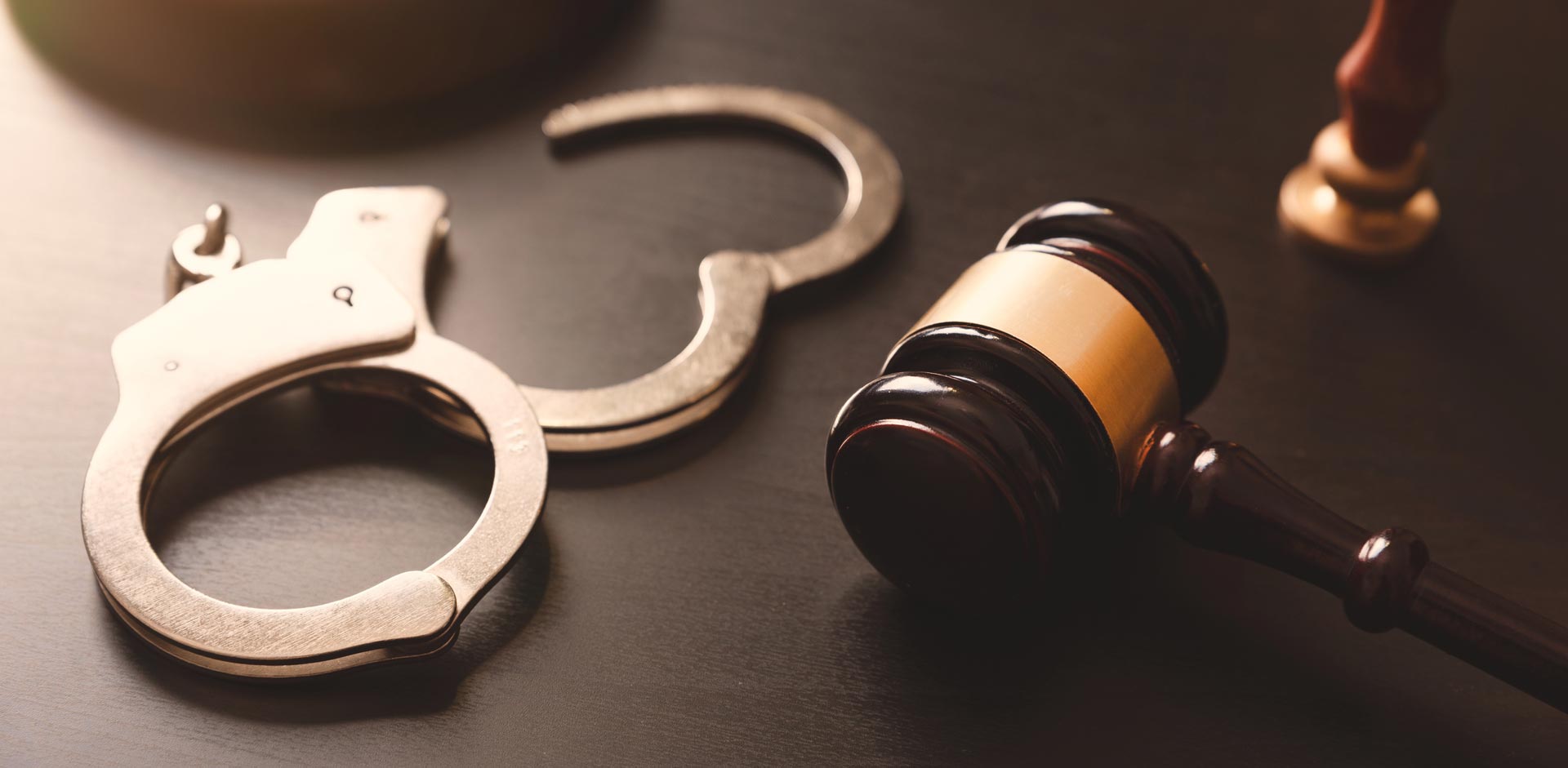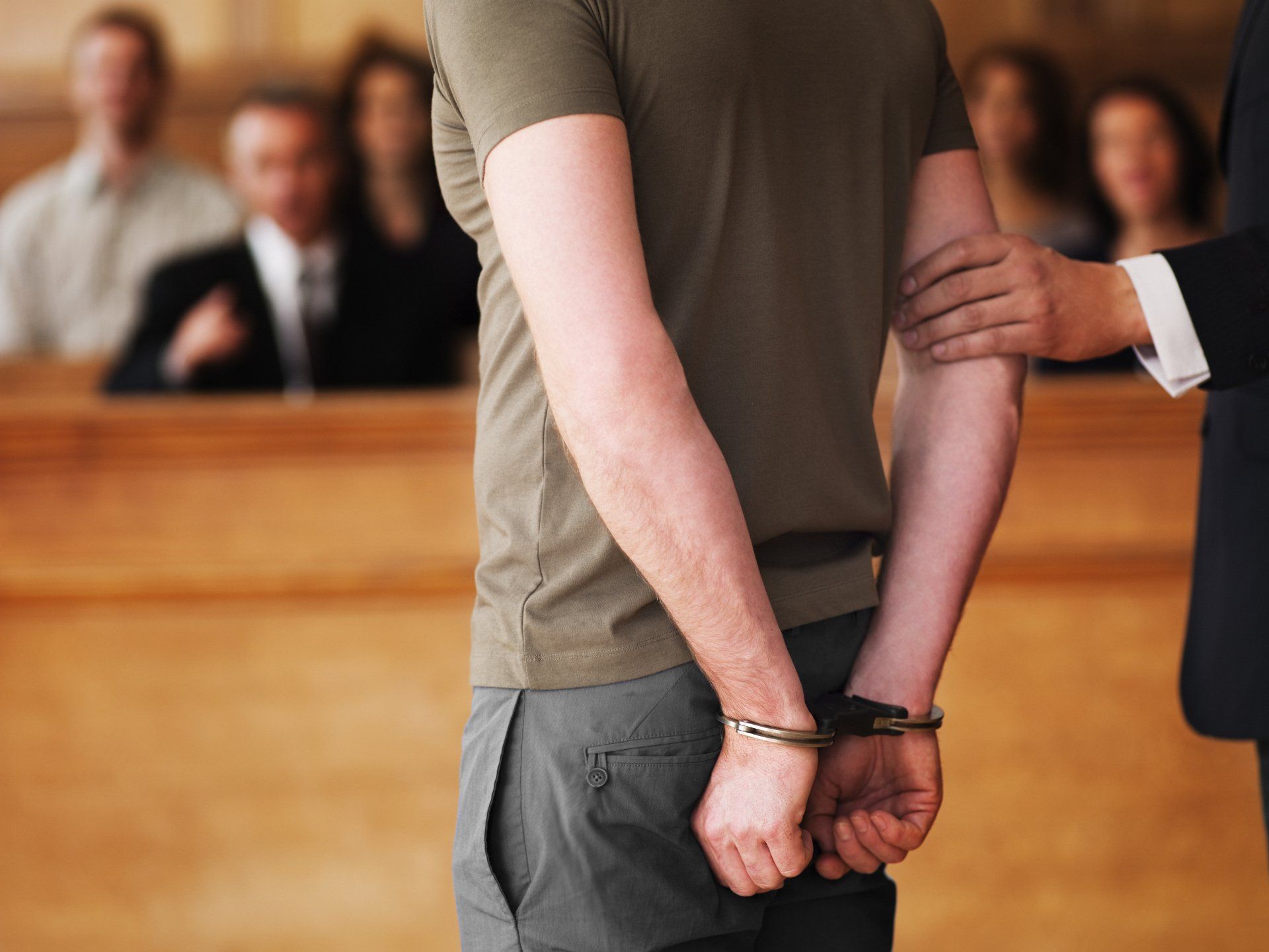Steps in a Criminal Case Process
- By Admin
- •
- 02 Jun, 2022
- •
A criminal case is a legal process in which a law enforcement agency charges a defendant with committing a crime. The criminal case process is long and complicated and can take weeks to years.
If you’ve been charged with a crime, you need to understand the process to know what to expect as your case moves forward. The following is a breakdown of what happens in the process of a criminal case.
1. Investigation
Investigations help provide more information to prosecutors. A prosecutor may work with one government agency, but many cases often involve multiple agencies.
Before presenting a case to a jury, the prosecutor must evaluate any direct and circumstantial evidence available.
A prosecutor can obtain evidence through:
- Exploratory check of a defendant or property
- Witness interviews
- Visual observations
- Document requests
- Samples from the crime scene
You should note that a prosecutor needs a search warrant before they search your property.
2. Arrest And Bail
Law enforcement officers may arrest a defendant under the following circumstances:
- When an officer sees the defendant committing a crime
- When an officer has probable cause
- When an officer has a valid arrest warrant
The police will complete the booking process, which involves a report that summarizes the events leading up to the arrest.
A defendant can pay a bail amount in exchange for their freedom. Depending on the facts of the case, a judge may grant bail and schedule subsequent court proceedings. The decision to award bail depends on the defendant's criminal record, the threat to public safety, and family ties.
3. Arraignment
A defendant first appears in court in the arraignment phase. A judge informs the defendant of the charges, their rights, and the arrangements for a defense attorney.
The judge will also ask the defendant to enter a plea; not guilty, guilty, or no contest. If a defendant pleads guilty, the case won't go to trial.
4. Discovery
The defense attorney and the prosecutor study the evidence to become familiar with the case facts in preparation for the trial. Either side can file pretrial motions to establish proof and admissible testimony at trial.
5. Preliminary Hearing
If the defendant pleads not guilty, the judge may hold a preliminary hearing.
The burden to show probable cause rests with the prosecutor for the defendant to stand trial. At this point, the judge only hears from the prosecutor.
6. Trial
The defendant will decide whether to have a jury or a court trial. Both the state and the defendant present their case in that order.
At the trial stage, the prosecutor bears the burden of proof. The prosecutor has to provide enough evidence to prove the defendant is guilty beyond any reasonable doubt.
If the judge or jury finds the defendant guilty, they will sentence the defendant. If they find the defendant innocent, they will acquit them.
7. Sentencing
During the sentencing phase, the judge further explores the presented facts and the statements by the victims and lawyers.
Using the United States Sentencing Commission guidelines, the court issues an appropriate punishment for the defendant.
Several factors play into the sentence, including the severity of the crime, the defendant's criminal history, and any remorse expressed by the defendant for the crime.
8. Appeal
If dissatisfied by the trial, a defendant can request a review by an appellate court. The defendant has a chance to outline any legal errors or abuses during the trial.
The higher court may decide to reverse the decision, affirm the decision, or remand the case for retrial.
Hopefully, the information above will help you better understand the criminal case process. The steps outlined above are not comprehensive, and some cases may involve more steps.
If you would like to discuss a pending criminal case, don't hesitate to contact Mark J. Geiger, Attorney at Law today.



